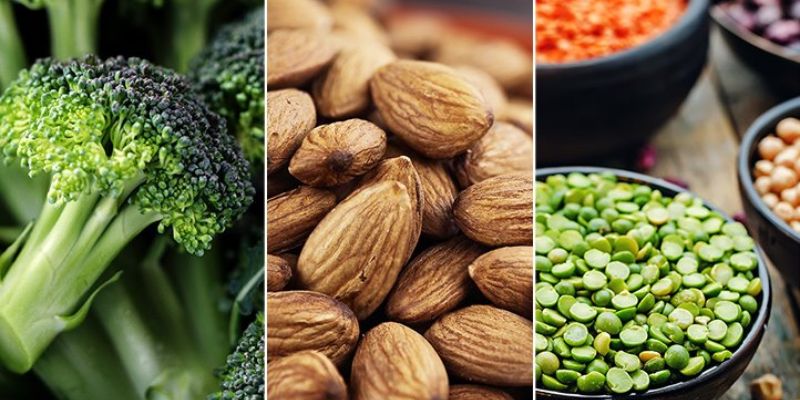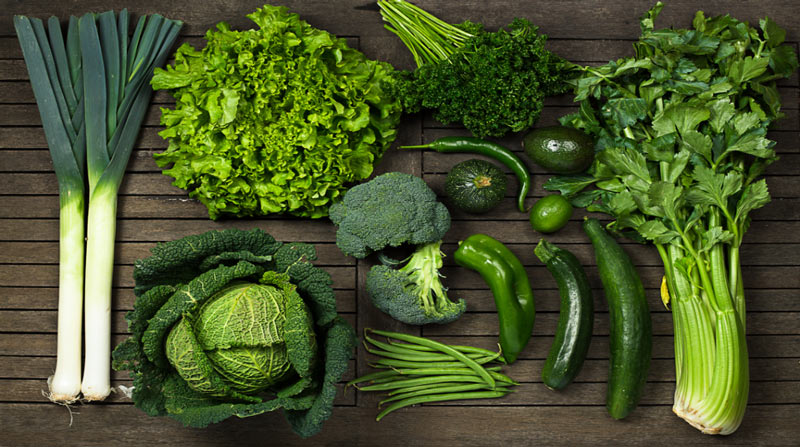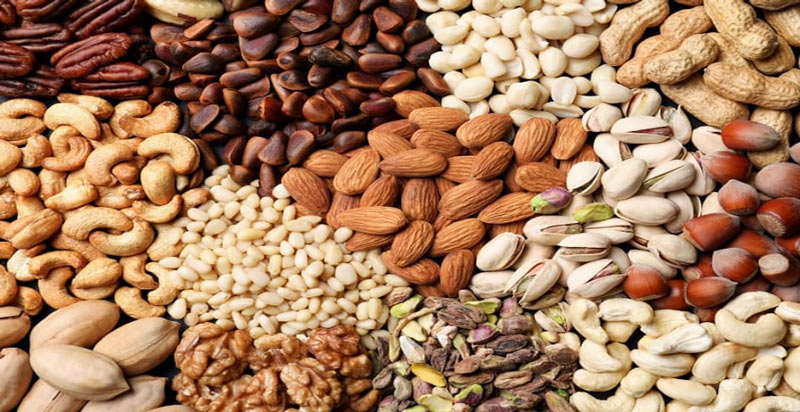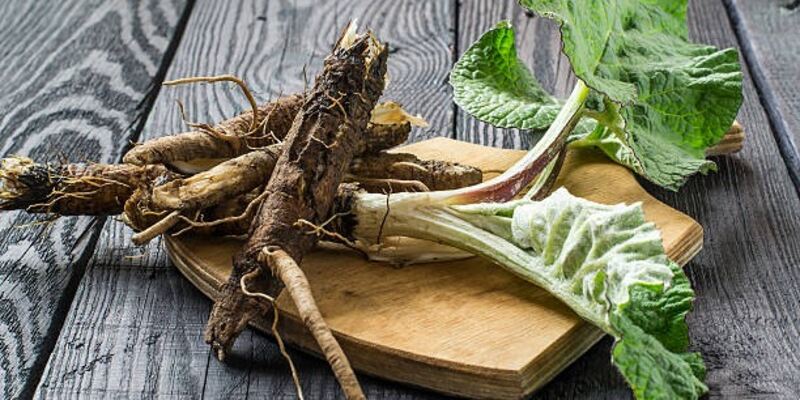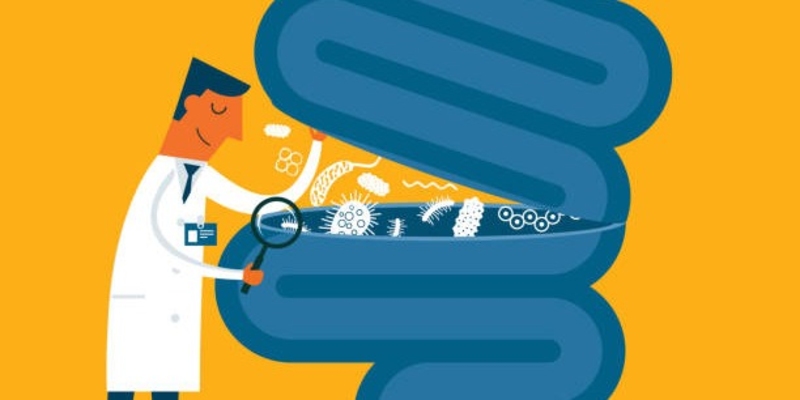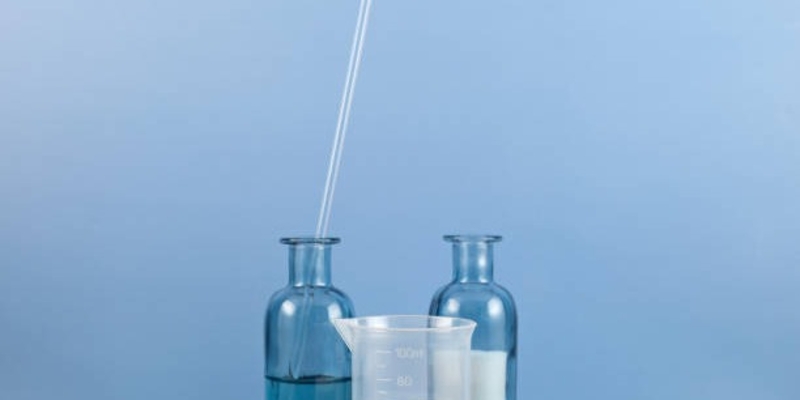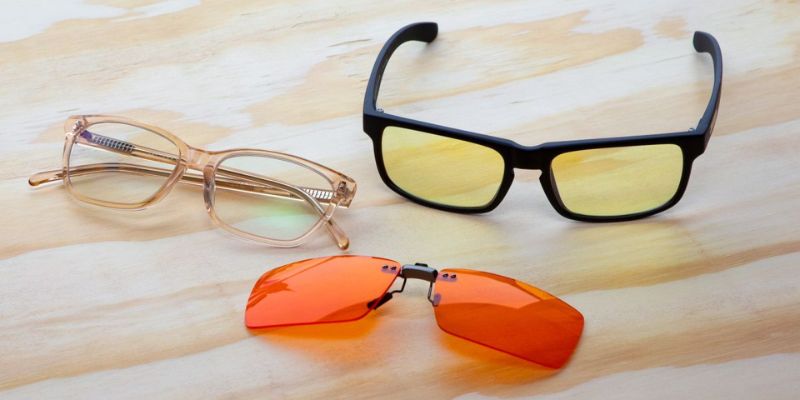Are you among the many individuals recently undergoing gallbladder removal surgery? If so, read for details about foods to help your body heal and recover from this major surgical procedure.
Although the days following a gallbladder procedure may be difficult, making positive dietary decisions can make all difference in how quickly you receive full relief and return to feeling like yourself again. We’ve researched what nutritionists recommend for their patients post-gallbladder removal, so keep reading if you want tips on which diet is best!
What to Know About Diet After Gallbladder Surgery
Diet after gallbladder surgery can seem intimidating, but it doesn’t have to be. Eating well post-surgery is essential for recovery and long-term health. While some people may return to their old diet without any lasting issues, others may develop digestive problems or other symptoms due to the lack of bile stored in the gallbladder. By understanding what foods are beneficial for a post-gallbladder surgery diet, you can ensure your body gets sufficient nutrients to recover and feel better quickly.
Increasing dietary fiber intake is the most important when eating after gallbladder removal. High-fiber foods such as fruits, vegetables, whole grains, legumes, nuts, and seeds will help prevent constipation and keep your digestive system performing at its best.
Carbohydrates should also be included in the diet, emphasizing complex carbohydrates such as brown rice, oats, quinoa, and sweet potatoes. Other beneficial foods include lean proteins like fish and skinless poultry, healthy fats like avocados and extra virgin olive oil, probiotics to aid digestion, and plenty of water for hydration.
Top Foods to Eat After Gallbladder Removal
Leafy greens
Kale, spinach, and other leafy greens are packed with nutrients and fiber to support a healthy digestive system. These vegetables are also low in fat, which can help alleviate symptoms of indigestion and bloating. Leafy greens are a great source of vitamins and minerals that can help support overall health after gallbladder surgery.
Additionally, these vegetables have anti-inflammatory properties, which can reduce pain associated with the procedure. They’re also rich in antioxidants that can protect against cell damage due to free radicals and improve recovery.
Leafy greens are easy to incorporate into any diet. Add spinach or kale to salads, soups, omelets, smoothies, or stir-fries for a nutrient boost. It’s important to remember that too much fiber immediately after surgery can cause discomfort, so it’s best to slowly increase your intake over time as you heal.
Oats
After gallbladder surgery, oats contain soluble and insoluble fiber to keep the digestive system functioning properly. Eating a bowl of oatmeal or adding oat bran cereal to your yogurt can provide plenty of healthy carbohydrates and dietary fiber to your diet.
Broth-based soups
Soups cooked with lots of vegetables and a low-fat broth can be easy on the stomach while providing valuable nutrients for recovery. Try making homemade veggie soup or buying some from your local health food store.
Broth-based soups are a great way to add additional hydration and electrolytes, which can help reduce inflammation and aid healing. Eating soups with plenty of vegetables can also provide vitamins and minerals that may be lacking due to changes in diet.
Additionally, broth-based soups are easy to digest and don’t require much energy for digestion, so they don’t put too much strain on the digestive system. Furthermore, adding some lean proteins like fish or chicken will increase the nutrient density of your soup while providing more protein for muscle repair after surgery.
Fish
Fish contains omega-3 fatty acids that are important for healing after surgery. Salmon, mackerel, trout, and tuna are excellent sources of high-quality protein and healthy fats.
Plain yogurt
Yogurt can help replenish the friendly bacteria in your digestive system after gallbladder removal. Choose plain or Greek yogurt without added sugars for the most health benefits.
Avocados
Avocados are rich in monounsaturated fats and fiber, making them gentle on the digestive system post-surgery while providing vital nutrients to aid in recovery.
Sweet potatoes
Sweet potatoes are a great source of complex carbohydrates and dietary fiber to keep your digestive system running smoothly. Enjoy sweet potatoes roasted or mashed for a delicious and nutritious post-gallbladder surgery meal.
Sweet potatoes are also chock full of vitamins and minerals that can support the body’s healing process. They contain ample amounts of vitamins A, B6, C, and D and magnesium, iron, potassium, and zinc. These essential nutrients work together to help repair cells damaged from surgery while aiding digestion.
Avoid adding unhealthy fats or sugar to get the most benefits from sweet potatoes after gallbladder surgery. Consider roasting your sweet potatoes with olive oil for a healthy alternative, and enjoy them mashed with some herbs for extra flavor.
Legumes
Beans, lentils, and other legumes are excellent dietary fiber and protein sources that can help you stay regular after gallbladder surgery. Add them to soups, salads, or rice dishes to boost healthy nutrients.
Nuts and seeds
Nuts like almonds, walnuts, cashews, and pumpkin seeds provide essential fatty acids and fiber to aid digestion after gallbladder removal surgery. Snack on these throughout the day or use them to top off meals for an extra crunchy texture.
If you’re experiencing pain or discomfort after eating nuts, try soaking them in water overnight before consuming them. This can help reduce the amount of fat and make them easier to digest.
Nuts are also rich in antioxidants such as Vitamin E, which can fight inflammation and repair damaged cells during surgery. Additionally, they have anti-inflammatory compounds like omega-3 fatty acids, which can reduce swelling associated with the procedure.
Berries
Berries are packed with antioxidants and provide plenty of natural sweetness to the diet post-surgery without added sugars. Enjoy blueberries, strawberries, raspberries, or blackberries as snacks or in smoothies for a healthful treat.
Adding these foods to your diet after gallbladder removal surgery can help ensure your body gets the proper nutrients for recovery and long-term health. Eating a balanced diet with plenty of fiber will support digestion and quickly get you back on track.
Remember to speak to your doctor about any dietary restrictions necessary for your specific situation before making any major changes to your eating habits post-surgery. With the right nutrition plan, you can feel better faster and return to living your life!
FAQs
Q: Are there any foods I should avoid after gallbladder removal?
A: Eating a well-balanced diet is important for recovery, but there are some specific foods that you should avoid. High-fat dairy products, such as ice cream and cheese, can cause diarrhea or other digestive issues and are best avoided. Fried and greasy foods can also exacerbate inflammation in the gastrointestinal tract, so it’s best to limit your intake of these types of foods.
Q: Are there any supplements I should take after gallbladder removal?
A: Your doctor or nutritionist may suggest taking a daily multivitamin or other supplement to help support your overall health. Additionally, omega-3 fatty acids may be beneficial for reducing inflammation and aiding in the healing process. Vitamin D is also important for promoting strong bones and immune system function, so it may be wise to include a vitamin D supplement.
Q: What if I have questions about my post-gallbladder removal diet?
A: When in doubt, talk to your doctor or nutritionist about which foods are best for you and how much you should eat. They can provide personalized advice based on your circumstances, medical history, and lifestyle. It’s also important to be aware of any potential side effects that certain foods may have on you, as well as any allergies or sensitivities. Your doctor can help answer questions about this too.
Conclusion
Gallbladder removal surgery is a major procedure, and ensuring you take the time to heal properly is important. A balanced diet that includes whole grains, fruits, vegetables, lean proteins, and healthy fats can help your body recover. Avoiding high-fat dairy products, fried foods, and greasy foods can also be beneficial in terms of reducing inflammation and easing digestive issues. Talk to your doctor or nutritionist if you have questions about which foods are best after gallbladder removal.
